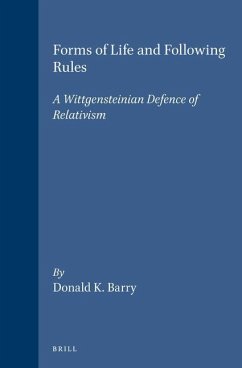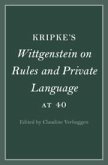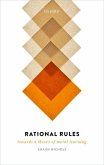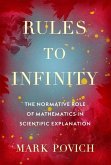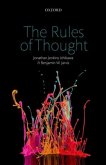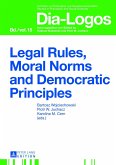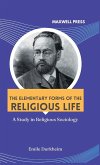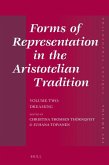This study defends a version of epistemological relativism, taking as its point of departure some key arguments from the later work of Ludwig Wittgenstein - especially those concerning rule following and forms of life. An opposition is established between the dominant form of epistemological realism - that which relies upon 'truth-conditions'- and theories in which knowledge and truth are fundamentally dependent upon context. It is argued in Part One that Wittgenstein proves the necessity for a contextual understanding of knowledge. Part Two develops a clearer idea of that context, using Thomas Kuhn's concept of paradigm. It is argued that this concept has been largely misunderstood (even by Kuhn), but that it can be developed to be remarkably consistent with Wittgenstein's arguments. All those - philosophers, historians, sociologists and others - who wish finally to understand the complex issues involved in debates about epistemological relativism will find this book invaluable.
Bitte wählen Sie Ihr Anliegen aus.
Rechnungen
Retourenschein anfordern
Bestellstatus
Storno

